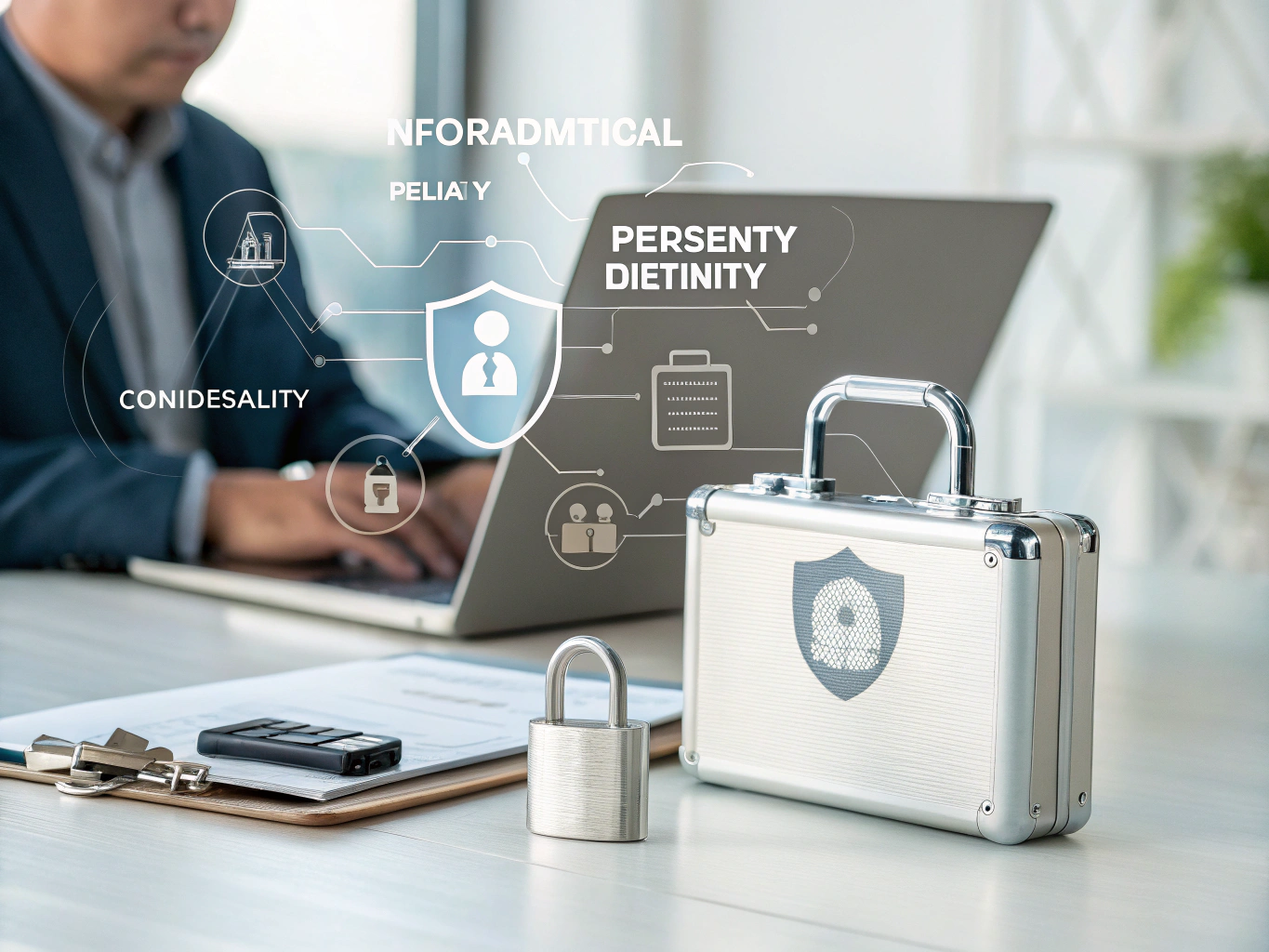Definition
The Personal Identity Information (PII) Security, Notification, and Confidentiality Policy is a framework designed to protect sensitive data that can identify individuals. Think of it as your organization’s shield against unauthorized access to personal information. This policy outlines how to manage, secure, and notify individuals about their personal data, ensuring that privacy rights are respected and upheld at all times.
Key Components
Understanding the key components of a PII Security, Notification, and Confidentiality Policy can help you build a robust system that safeguards personal information. Here are the main aspects to consider:
- Definition of PII: Personal Identity Information includes any data that can identify an individual—like names, addresses, social security numbers, and financial details. Knowing what qualifies as PII is the first step in protecting it.
- Collection and Storage: Only gather PII when absolutely necessary. Store it securely, using locked cabinets for physical files and encryption for digital data. For example, if you only need an employee’s email for communications, don’t collect their social security number unless it’s essential.
- Access Control: Limit access to PII to those who genuinely need it for their job. Use tools like password protection and two-factor authentication to keep unauthorized users out. For instance, a payroll manager might need access to banking details, while a receptionist doesn’t.
- Data Breach Notification: If a data breach occurs, be ready to notify affected individuals swiftly. Provide clear information about what was compromised and what steps they can take to protect themselves. This helps maintain trust even in challenging situations.
- Confidentiality Obligations: Everyone who interacts with PII—employees, contractors, vendors—must keep this information confidential. Make sure they know that sharing this data with unauthorized parties is a big no-no.
Importance in the Workplace
In today’s digital age, the importance of a strong PII Security, Notification, and Confidentiality Policy cannot be overstated. Imagine a scenario where an employee’s personal data gets leaked due to lax security measures. This not only jeopardizes that individual’s privacy but can also lead to legal repercussions and damage to your organization’s reputation. By prioritizing PII security, you’re not just complying with laws; you’re fostering a culture of trust and respect within your workplace.
Best Practices
Implementing a PII Security, Notification, and Confidentiality Policy effectively requires some best practices to ensure everyone is on the same page. Here are some actionable tips:
- Regular Training: Conduct training sessions for all employees on the importance of PII protection and what constitutes a data breach. For example, an annual refresher course can keep everyone informed about current threats and security measures.
- Routine Audits: Schedule regular audits of your PII handling processes to identify vulnerabilities. This proactive approach can help you catch potential issues before they become significant problems.
- Clear Documentation: Create well-documented procedures for collecting, storing, and accessing PII. This ensures that everyone knows the steps to follow and can refer back to them as needed.
- Incident Response Plan: Develop a clear and concise incident response plan that outlines how to handle a data breach. This should include steps for notifying affected individuals and mitigating damage.
- Encourage Reporting: Foster an environment where employees feel comfortable reporting potential breaches or weaknesses in the system. Having an open-door policy can help you address issues before they escalate.
Legal Considerations
When it comes to PII, legal compliance is crucial. Various laws, such as the General Data Protection Regulation (GDPR) and the California Consumer Privacy Act (CCPA), set stringent guidelines for handling personal data. Familiarizing yourself with these regulations ensures you’re not just protecting your employees, but also avoiding hefty fines and legal troubles. Consult with legal experts to stay updated on relevant laws that may affect your policy.
Conclusion
Grasping the significance of a Personal Identity Information Security, Notification, and Confidentiality Policy is essential for any HR professional. By implementing comprehensive guidelines, not only do you safeguard your employees’ personal information, but you also enhance your organization’s integrity and trustworthiness. Remember, protecting PII is more than just a compliance issue—it’s about creating a respectful and secure workplace environment. Your commitment to this policy can make a world of difference in how employees perceive their safety and privacy at work.




